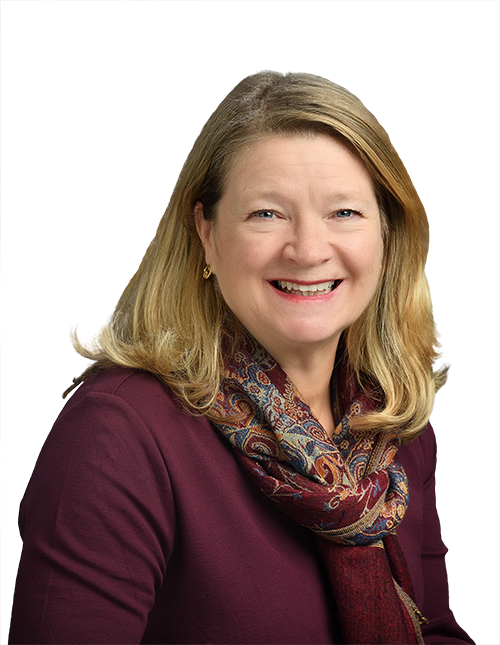McMahon and Kennedy Bill Incentivizing the Use of Solar Energy Passes the Legislature
Assemblymember Karen McMahon (D-Amherst) and Senator Tim Kennedy (D-Buffalo) announced that their bill incentivizing more New Yorkers to use solar panels has passed both houses of the Legislature as part of an Earth Day legislative package (A.7703/S.6919). The measure would allow certain customers who generate solar electricity to donate the excess energy as a credit to low-income families.
“With the threat of climate change increasing, Earth Day is the perfect opportunity for us to recommit ourselves to preserving our environment and natural resources,” said Assemblymember Karen McMahon. “As part of the Assembly’s Earth Day legislative package, I sponsored and helped pass a bill allowing solar panel owners to donate excess energy to families in need. This bill will help reduce energy costs for low-income families, fight climate change by helping the state meet its ambitious energy goals, and further incentivize clean energy for consumers.”
"We know that reducing our carbon footprint is a collective effort, and this legislation will both incentivize the use of residential solar systems and simultaneously ease the energy costs for families in need," said Senator Tim Kennedy. "I'm proud to sponsor this bill alongside Assemblymember McMahon in an effort to advance New York's ambitious climate goals, and foster a sustainable future focused on natural, renewable energy."
Currently, residential solar panels are net-metered, and customers receive credits for future utility bills for excess energy produced by rooftop solar systems. However, these credits can’t be cashed out or transferred to another household – meaning households with solar panels that generate excess energy end up donating this energy to the utility company. This bill will allow households with net-metered renewable energy, including solar panels, to donate credits for excess electricity generated to low-income families. Furthermore, this bill will create jobs by increasing the potential size of residential solar projects, all without cost to the state.
The bill now heads to the Governor’s desk to await her signature.
